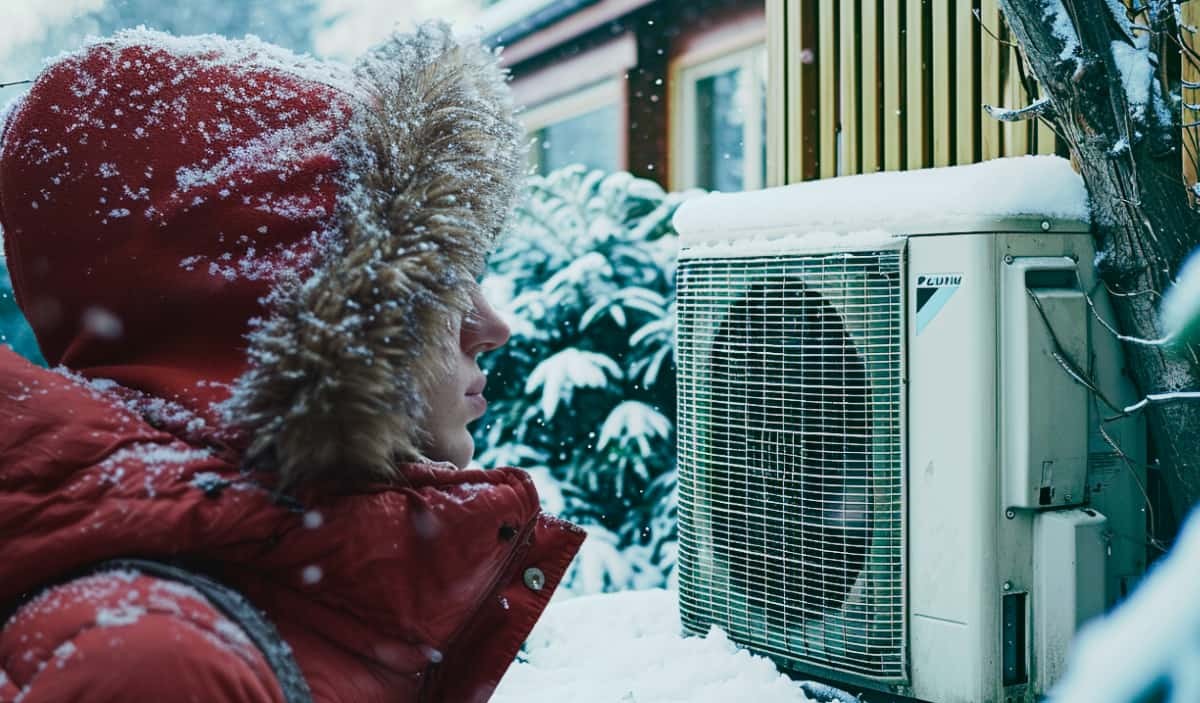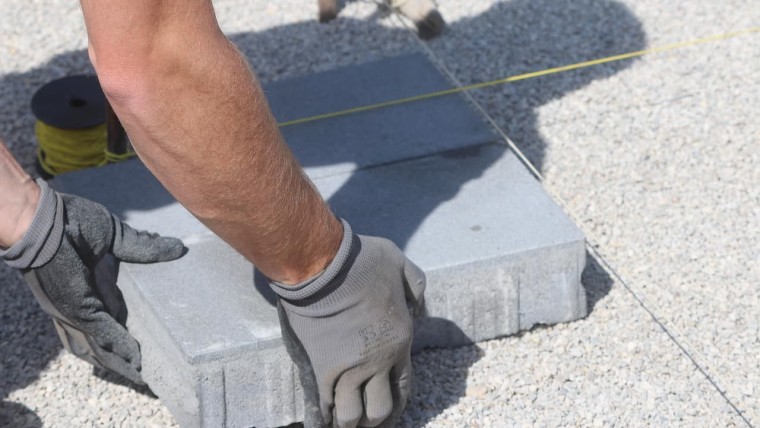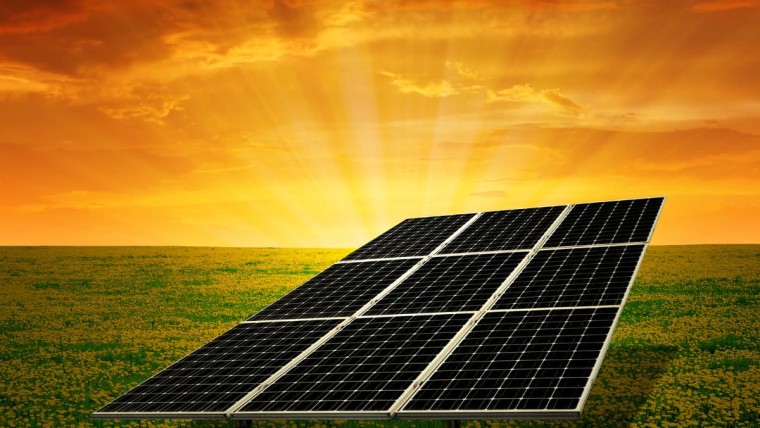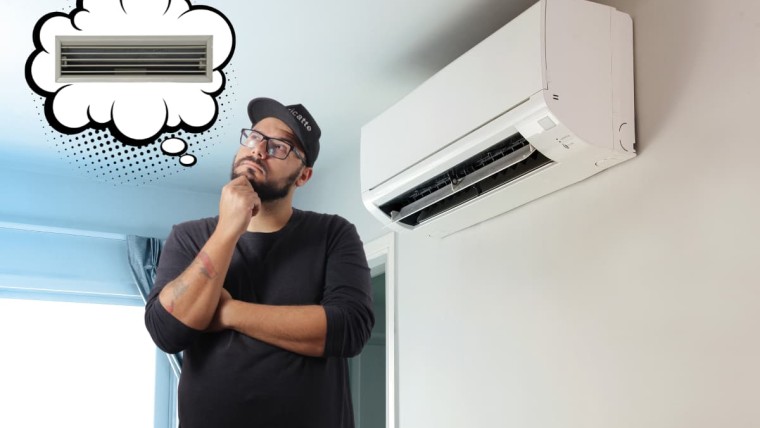With the onset of cold weather, and particularly sub-zero temperatures in some regions, your heat pump may be making a little more noise than usual.
Let's take a look at the potential causes of heat pump noise in winter.
Heat pump defrosting
When the mercury drops below 0°C, the heat pump evaporator naturally freezes over. This is because it captures heat from the outside air. As a result, it cools the environment around it, and its surface becomes very cold. This is all it takes for the little moisture in the cold outside air to freeze to its surface.
Gradually, a layer of frost forms, preventing the heat pump from operating properly. The frost considerably impedes heat exchange, and the fan spins up to compensate.
Increased PAC workload in winter
In winter, there are naturally fewer calories in the outside air, which is much colder than in spring or autumn. As a result, the circuit's workload is much higher to capture the calories needed to heat the house.
The compressor runs more often and at higher loads, which makes it a little noisier. That said, modern compressors are very quiet.
The fan also rotates at a higher frequency, which leads to higher acoustic emissions, which in extreme cases can annoy you if you're outside. That said, in winter, you probably won't be outside for long if it's very cold.
External obstructions caused by cold
If you live in a very cold region, such as Haute-Savoie or Jura, the heat pump may be blocked by snow or ice debris. If the air flow is obstructed, the elements go haywire and the heat pump starts making more noise. Just clean up and everything will be back to normal.
Other possible causes of noisy heat pumps
Winter or cold weather aren't always responsible for heat pump noise, even if it's very cold when the noise occurs. Here are 5 additional causes of noise that you can investigate to understand the situation:
Pipe pressure too low
The ideal pipe pressure is around 1 to 1.5 bar. If the pressure falls below 1 bar, for example, cavitation noises may occur.
A loose outer group
Your heat pump outdoor unit can be mounted on a metal frame on the wall, or on rubber feet or big feet on the floor, often also on anti-vibration mounts and placed on concrete slab.
If the feet are not securely fastened, or the frame is not properly fixed to the wall, vibrations can occur, disturbing the peace and quiet around you. Regular checks will help you avoid this.
A blocked or faulty regulator
The role of the regulator is to control the pressure of the refrigerant fluid at the condenser outlet (between 10 and 25 bar) and just before reaching the evaporator (2 to 5 bar). If it malfunctions, the pressure on the low-pressure side may be too high, causing noise.
Semi-open valves
If the valves are badly opened, or only half-closed, this creates a pressure difference that can cause turbulence in the flow, resulting in vibrations and noise.
A faulty safety unit
The safety group can release water at pressures of up to 3 bar if it's not working properly. This results in a dripping noise that can be annoying.
The good news is that, if you're careful, you can prevent the safety group from malfunctioning. Turning the little tap from time to time will break up the limescale that forms inside, and extend the life of the part.

Julien G.
Juliena mechanical engineering graduate and specialist in climate engineering since 2009, has become a writer specializing in renewable energies, with expertise in heat pumps and photovoltaic solar panels for individual housing.
See all articles by this author






